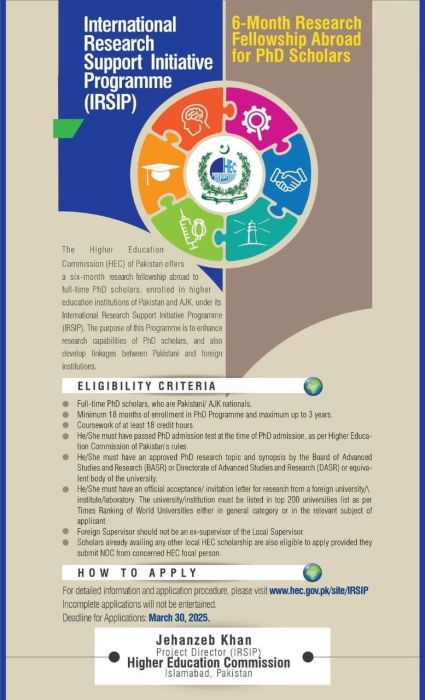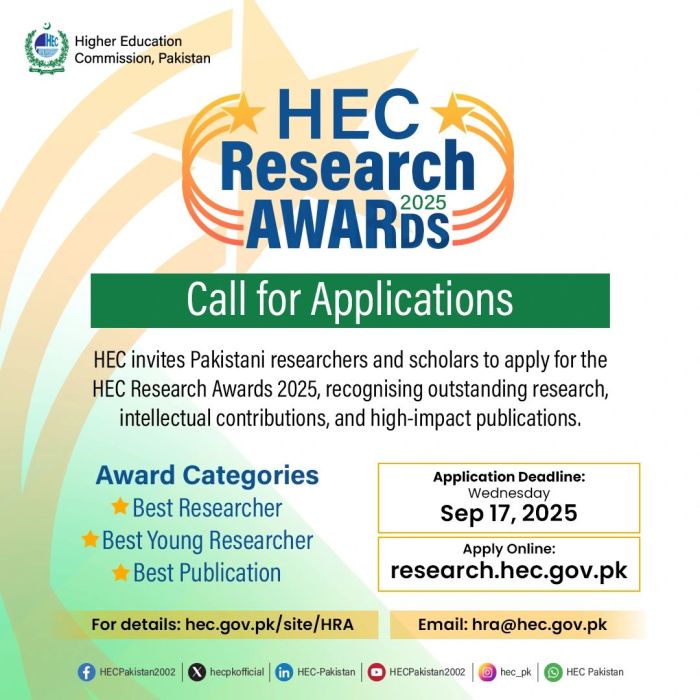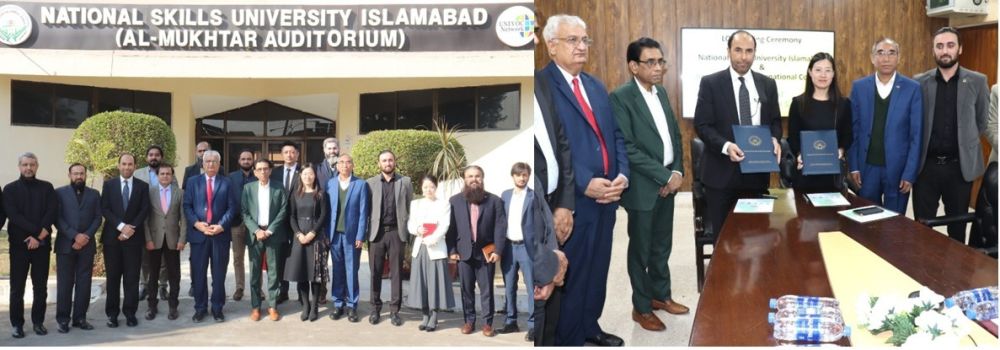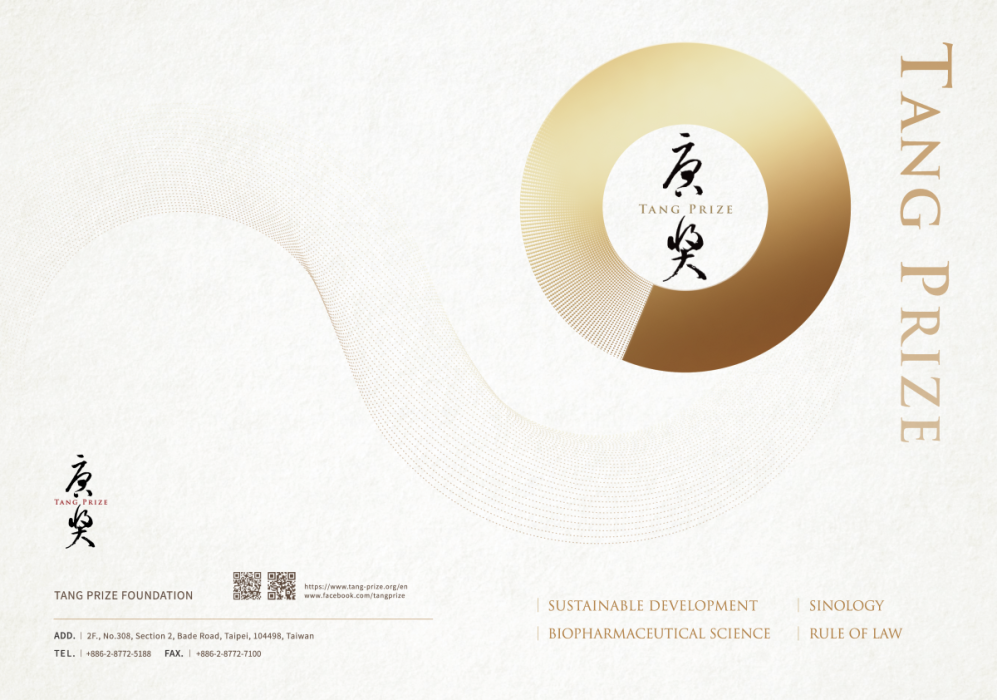The Challenging Landscape of Qualifications and Credentials - European Centre for the Development of Vocational Training (CEDEFOP) Virtual Get-Together
Posted 1 year ago
Link to recording of the Program
On December 5, 2024, CEDEFOP organized a virtual gathering to explore the evolving landscape of qualifications and credentials. This event showcased CEDEFOP's research and tools, established through more than a decade of work analyzing qualification systems. The discussion focused on how societal demands, labor market trends, and technological advancements reshape qualifications and their role in education and employment.
The session began with a discussion on what constitutes a qualification. Defined as the formal outcome of a competent authority's assessment and validation process, qualifications are represented through certificates, diplomas, or degrees. These serve as evidence of learning outcomes achieved through formal or informal education. Learning outcomes, central to the concept of qualifications, were described as statements detailing what an individual is expected to know, understand, or be capable of doing at the end of a learning process. These outcomes are fundamental to educational policies, influencing the employability of individuals and guiding decisions by employers, policymakers, and institutions. However, defining and writing learning outcomes remains complex, mainly when ensuring inclusivity and comparability outside formal education settings.
A key focus of the conference was the shifting role of qualifications in response to emerging trends. Traditional degrees and certifications remain significant, but alternative credentials, particularly micro credentials, are transforming the educational landscape. These smaller, more personalized, and flexible formats are enabling individuals to acquire skills in a more dynamic and inclusive education system. This shift reflects the growing demand for lifelong learning opportunities that accommodate diverse learner profiles and evolving labor market needs.
The discussion also highlighted the tools developed by the European Union, which play a pivotal role in supporting the changes in the qualifications landscape. Instruments such as the European Qualifications Framework (EQF), the European Credit Transfer and Accumulation System (ECTS), and the European Quality Assurance Reference Framework for Vocational Education and Training (EQAVET) are instrumental in promoting transparency, mobility, and recognition of qualifications across borders.
The role of microcredentials received particular attention during the event. These new forms of learning, often sector-specific and focused on smaller knowledge units, are gaining traction in vocational and higher education and labor markets. CEDEFOP's ongoing research examines micro-credentials' impact on existing qualification systems, quality assurance mechanisms, and integration with traditional qualifications. While microcredentials offer flexibility and accessibility, challenges remain in ensuring their recognition and aligning them with established frameworks.
Another important theme was the global applicability of qualifications. CEDEFOP emphasized the importance of aligning national qualification frameworks (NQFs) with the EQF, which is supported by 41 countries. Such alignment fosters trust facilitates mobility and enables individuals to leverage their qualifications effectively both within and beyond national borders. The use of qualification databases was compared to navigating with Google Maps, allowing for seamless comparability and understanding of qualifications across countries.
The session concluded with a look toward the future. CEDEFOP is committed to advancing digital credentials, leveraging artificial intelligence to strengthen qualification systems, and ensuring that education pathways remain learner-centered, flexible, and accessible. The organization continues to promote the inclusion of micro-credentials, non-formal and informal learning validations, and international qualifications in its frameworks.
This event underscored the dynamic evolution of qualifications, driven by technological innovation and changing societal needs. CEDEFOP's ongoing efforts pave the way for a more inclusive, transparent, and adaptable education and training landscape, ensuring individuals thrive in an increasingly interconnected world.





